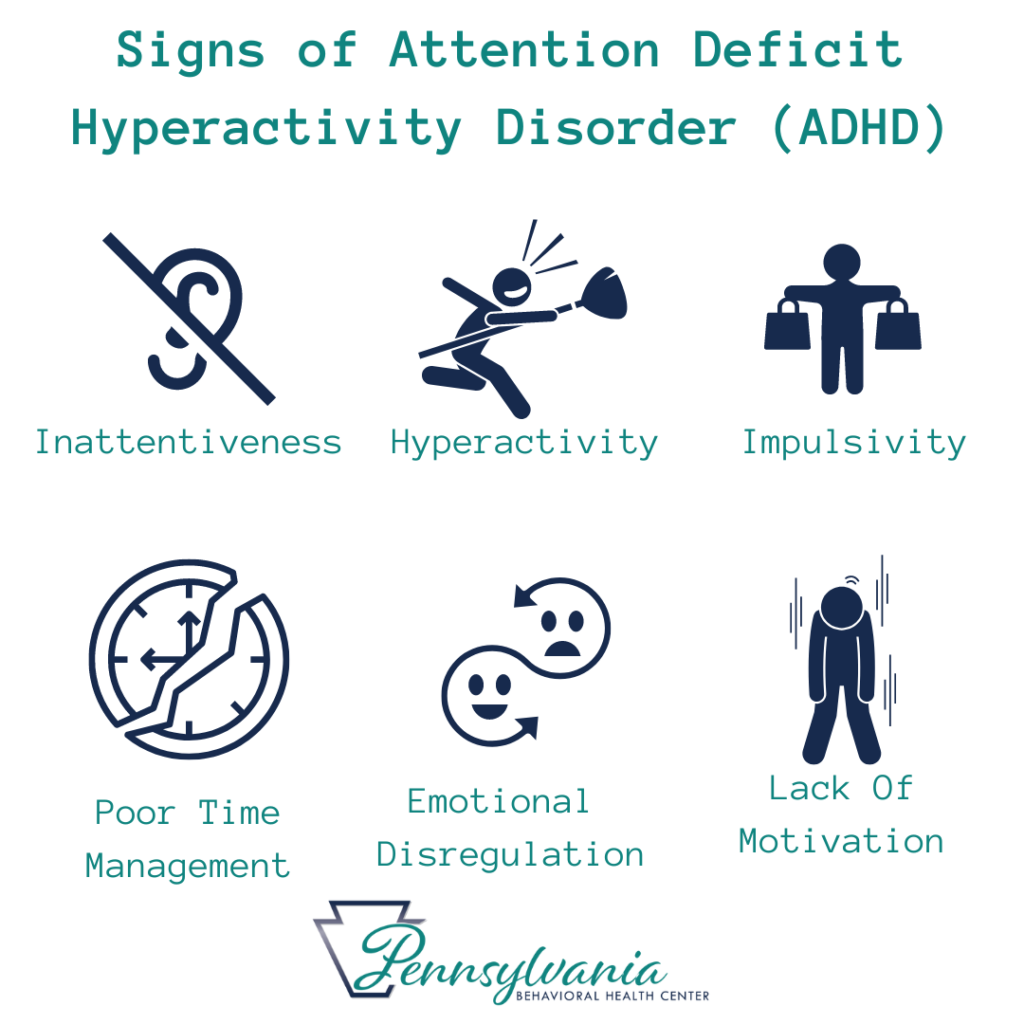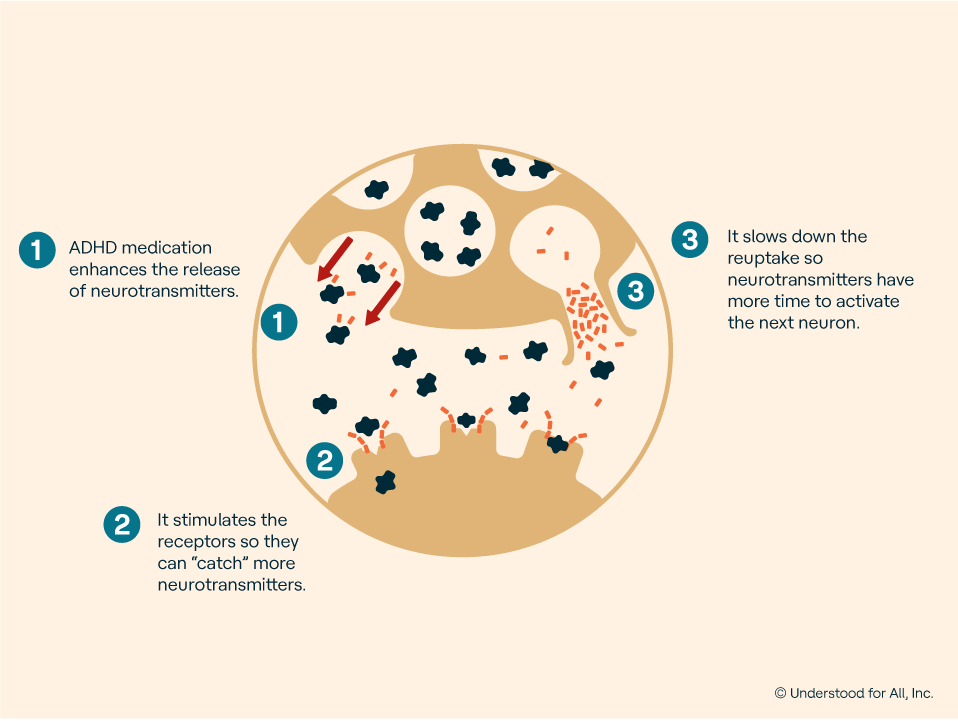Your Guide to Locating the Right ADHD Treatment for Long Lasting Outcomes
Navigating the intricacies of ADHD treatment calls for a nuanced understanding of both the condition and the myriad alternatives offered for reliable administration. It is important to identify that what works for one individual might not necessarily produce the very same results for an additional. Thus, a tailored strategy-- integrating specialist assistance, medicine, behavioral methods, and lifestyle modifications-- becomes critical. Nonetheless, the trip towards determining one of the most suitable treatment plan can be fraught with difficulties. What are the essential aspects that affect effective outcomes, and how can individuals guarantee they get on the right path?
Comprehending ADHD and Its Effect

In grownups, ADHD can lead to challenges in work environment settings, impacting efficiency, time management, and social partnerships. Often, undiagnosed or poorly took care of ADHD can contribute to co-occurring mental wellness problems, such as stress and anxiety and depression, more complicating an individual's total wellness.
The societal assumption of ADHD can vary, resulting in stigma and misconception, which may hinder people from looking for assistance. As awareness expands, it is necessary to promote an atmosphere that promotes understanding and assistance for those influenced by ADHD, highlighting the requirement for precise diagnosis and tailored strategies to reduce its influence on daily life.
Overview of Treatment Alternatives
A thorough method to treating ADHD incorporates a range of options customized to the person's one-of-a-kind demands. These options can generally be categorized right into behavioral treatments, psychoeducation, and lifestyle adjustments, alongside medicinal treatments that may be explored later.
Behavioral treatments, such as cognitive-behavioral treatment (CBT), emphasis on changing certain actions and creating coping strategies to handle signs and symptoms efficiently. Psychoeducation plays an essential duty in encouraging both individuals and their families by supplying details concerning ADHD, its challenges, and effective methods for support.
Lifestyle adjustments can substantially influence ADHD management. Regular exercise, a balanced diet plan, and appropriate rest add to overall well-being and sign control. Mindfulness practices and relaxation techniques can likewise improve emphasis and minimize impulsivity.
Assistance teams and family members treatment can cultivate a feeling of area and understanding, aiding people really feel much less separated in their her explanation experiences. Each therapy option ought to be considered in conjunction with the individual's choices and circumstances, guaranteeing an alternative method that promotes long-lasting success. Eventually, the goal is to create a customized treatment plan that addresses the specific challenges related to ADHD while boosting total lifestyle.
Drug: Benefits And Drawbacks
Drug plays a crucial duty in the treatment of ADHD, with countless alternatives available that can substantially relieve symptoms for many people. Energizers, such as methylphenidate and amphetamines, are frequently recommended and have shown effectiveness in boosting focus, reducing impulsivity, and improving overall behavior. These medications work by increasing dopamine and norepinephrine levels in the brain, which are typically dysregulated in those with ADHD.
Some people might experience side effects, including insomnia, decreased hunger, or raised stress and anxiety. In addition, not all patients respond to stimulant medicines, leading some to discover non-stimulant alternatives, which may have a delayed beginning of activity or various side results.
It is necessary for people and their family members to weigh these pros and cons meticulously. Balancing the benefits of sign administration versus possible side effects is vital for accomplishing optimum treatment results. Partnership with medical care service providers can assist in educated choices, making sure that drug is component of a comprehensive ADHD management plan.
Behavioral Therapy Methods

One commonly utilized technique is Cognitive Behavior modification (CBT), which helps individuals recognize and alter negative idea patterns that add to ADHD-related challenges. Therapist for ADHD. Via CBT, customers find out to set realistic objectives, take care of time successfully, and establish business systems
Another effective strategy is Parent Management Training (PMT), which educates parents on how to reinforce positive behaviors and reduce negative ones via regular technique and interaction approaches. This strategy cultivates an encouraging home setting that motivates behavioral enhancements.
Social skills training is likewise indispensable, aiding people with ADHD navigate social interactions more effectively. Role-playing and modeling appropriate behaviors can enhance social capability and lower anxiousness in social circumstances.
Way Of Life Changes for Better Administration
Exactly how can lifestyle modifications considerably boost the administration of ADHD signs and symptoms? Executing tactical way of living adjustments can bring about considerable renovations in focus, company, and emotional guideline for individuals with ADHD.
To start with, developing a structured daily regimen assists in producing predictability, which can ease feelings of overwhelm. Regular routines for dishes, research study, and sleep can boost everyday performance.
Integrating regular physical activity is likewise important, as exercise has actually been revealed to improve dopamine levels, boosting focus and inspiration (Therapist for ADHD). Going for a minimum of 30 minutes of modest exercise most days can be helpful
Nutrition plays an essential duty. A well balanced diet plan abundant in omega-3 fats, whole grains, and protein can sustain cognitive function. Restricting processed sugars and caffeine might reduce signs, as these can bring about power accidents and irritation.
Final Thought
In verdict, discovering the ideal ADHD treatment necessitates a diverse technique that thinks about specific demands and choices. Collaboration with health care professionals and open interaction with assistance networks are necessary elements in navigating the complexities of ADHD monitoring, ultimately leading to lasting here outcomes and enhanced quality of life.